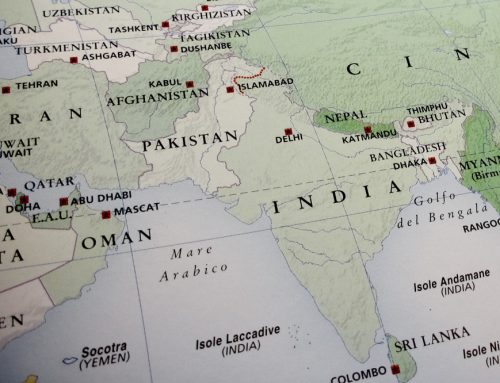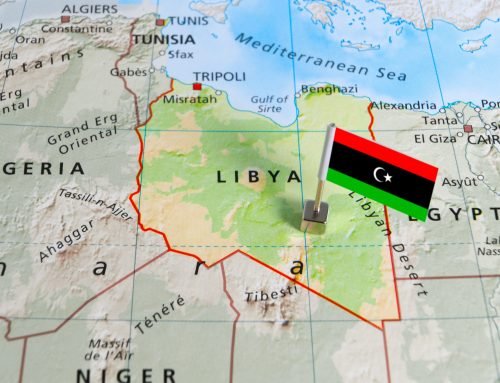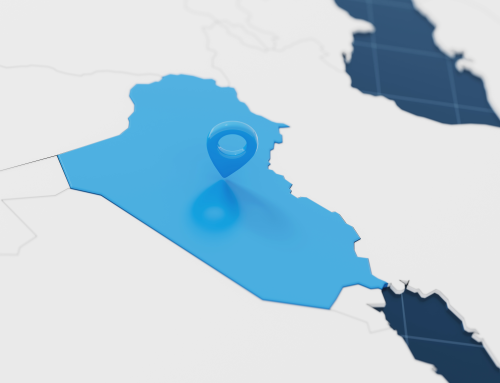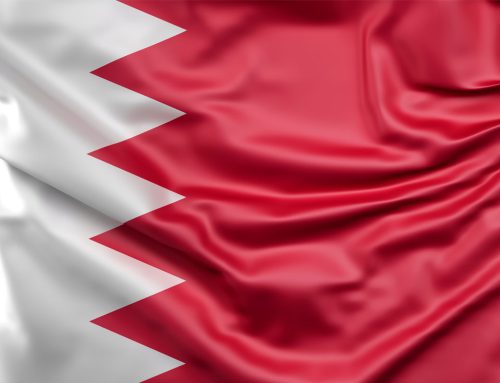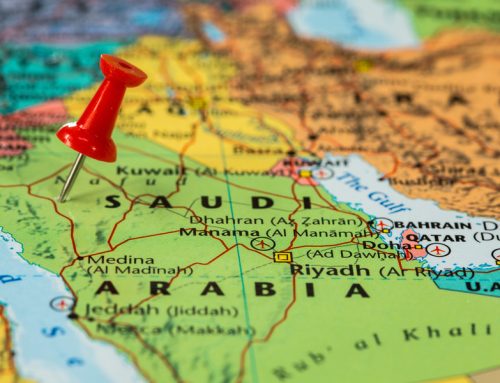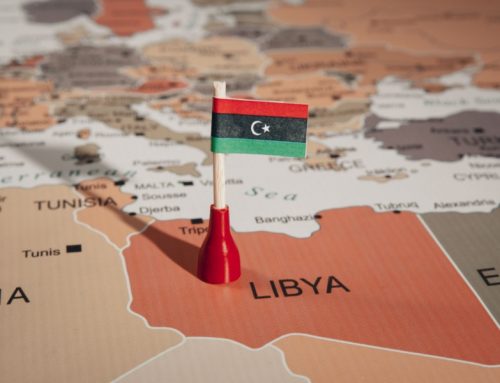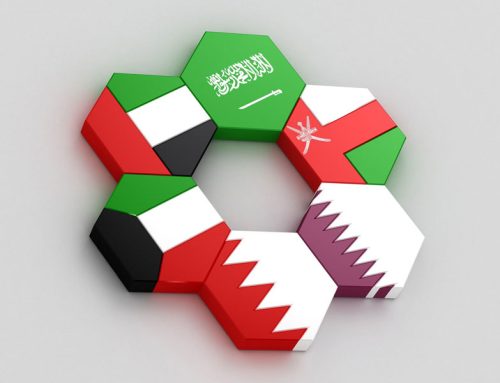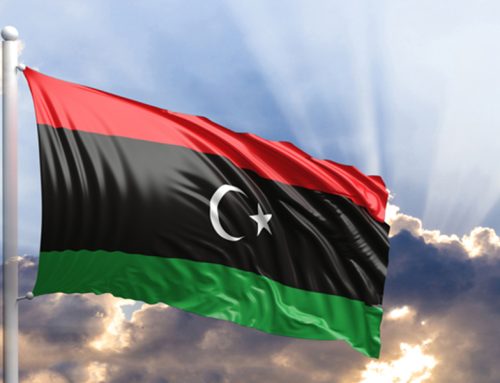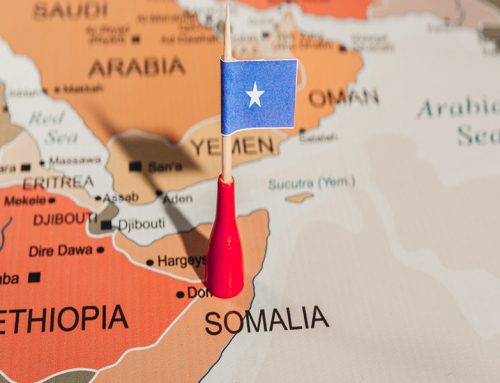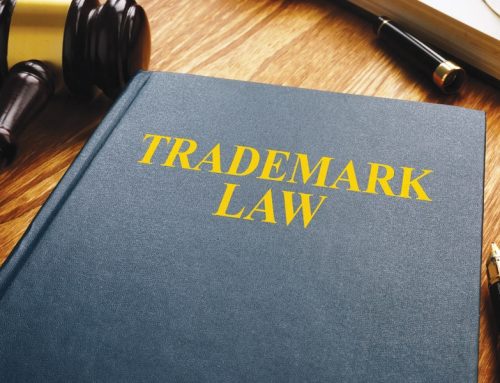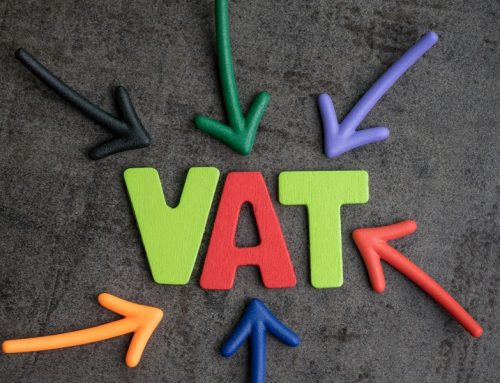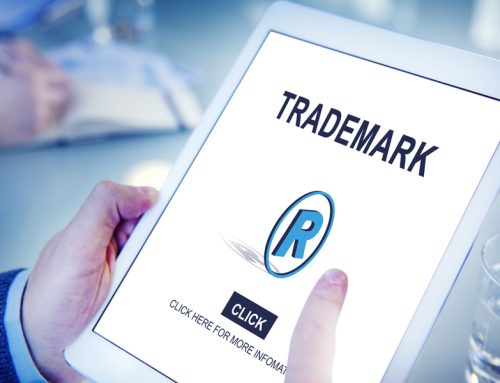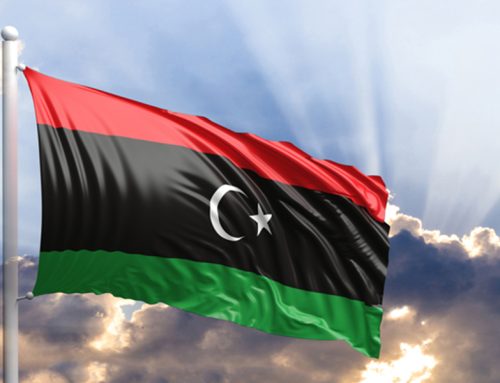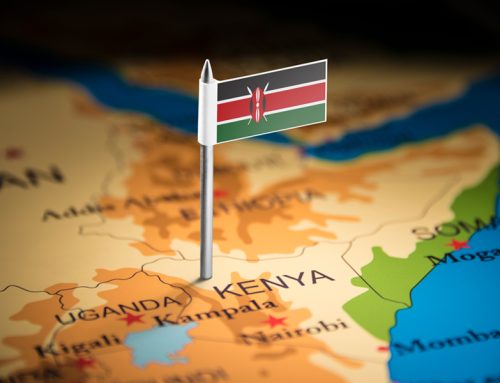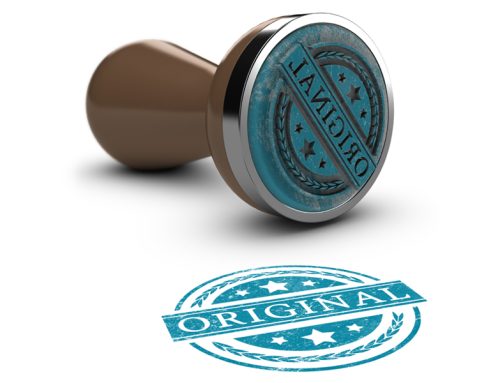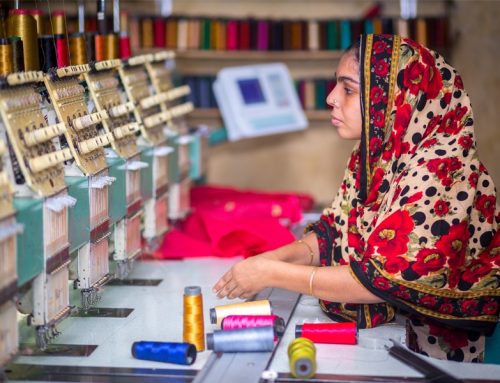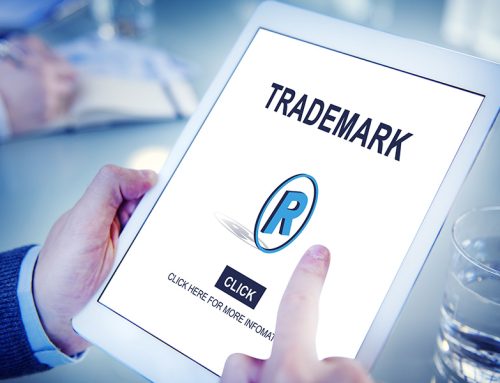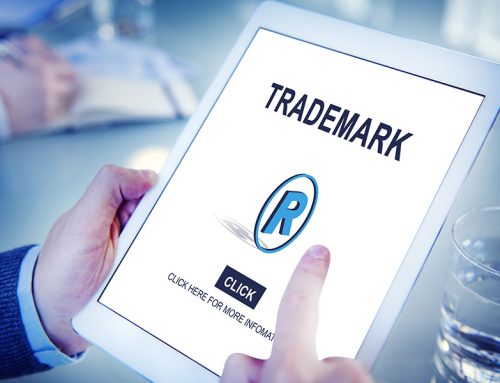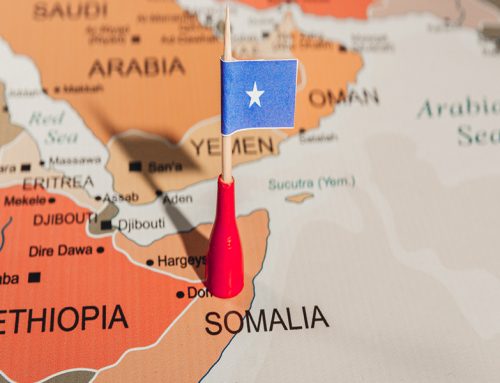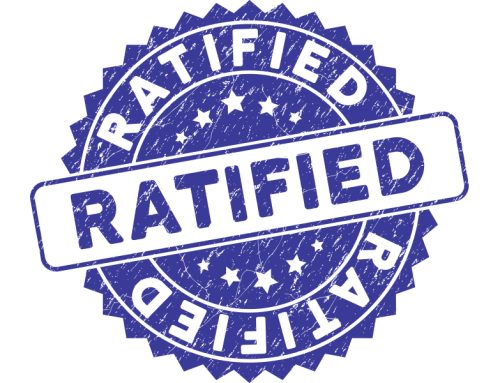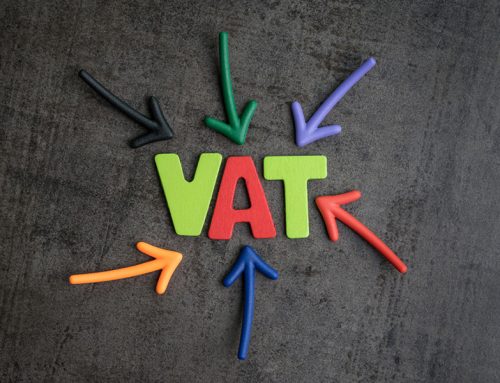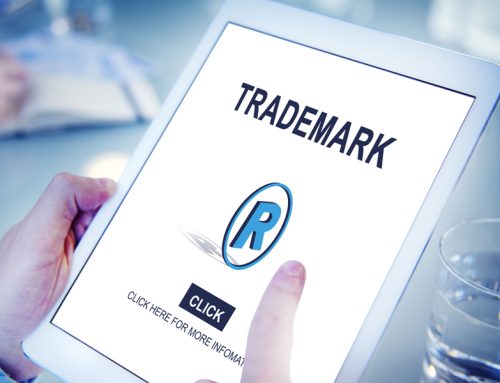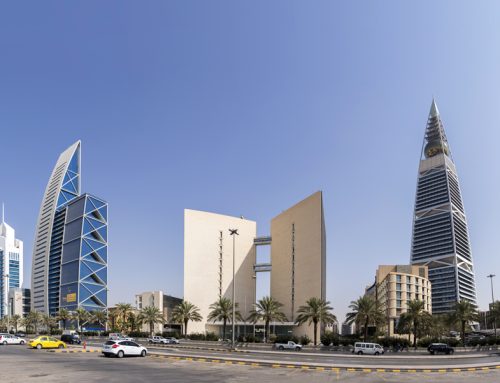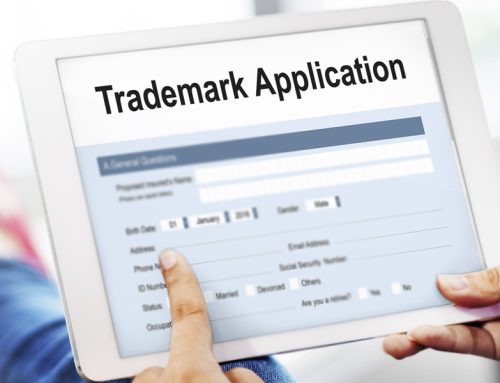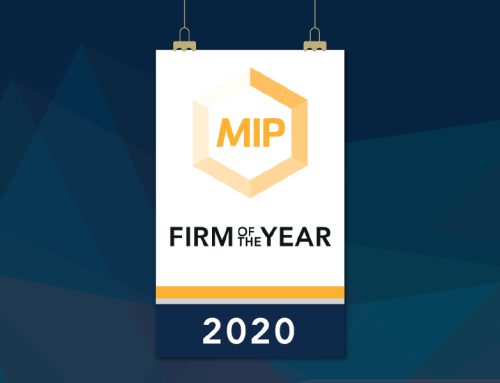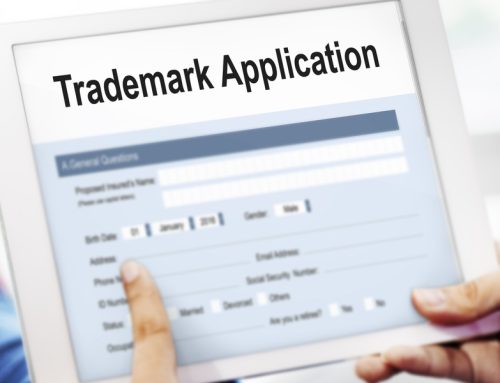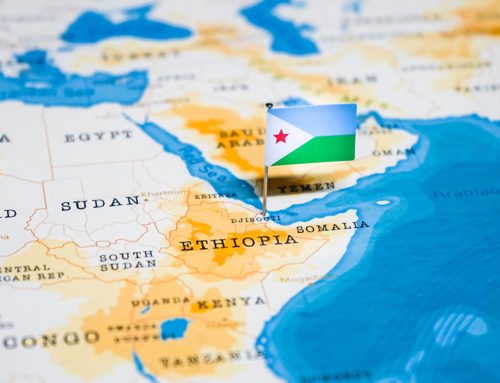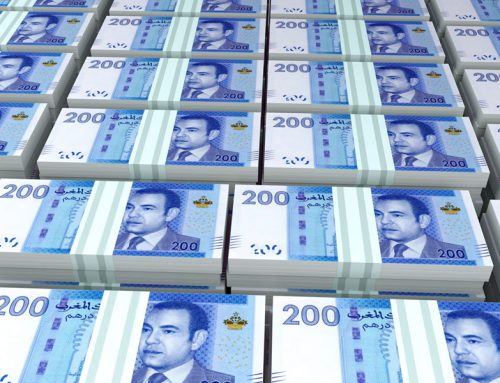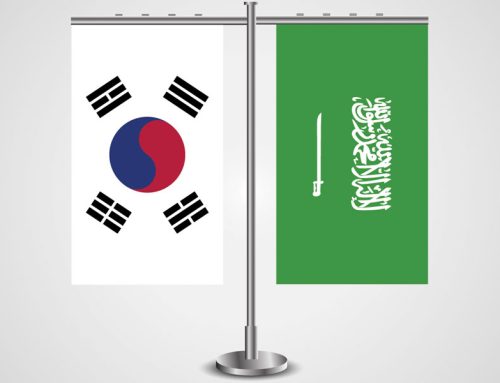Saudi Arabia is located at the convergence of Europe, Asia, and Africa and occupies a regional location of strategic and economic importance for global trade routes and transnational business expansions. And with the status as the world’s largest exporter of petroleum and the country’s relentless commitment to promote a robust economic diversification program, Saudi Arabia is an important market for international brand owners to consider.
In its ongoing endeavors to protect intellectual property, and more specifically trademarks, Saudi Arabia adopted the Gulf Cooperation Council Trademark Law. The GCC Trademark Law stipulates a set of provisions that are applied uniformly across all the GCC countries (mainly Bahrain, Kuwait, Oman, Qatar, Saudi Arabia, and the United Arab Emirates) in regards to the prosecution and enforcement of trademark rights. It is worth noting that the GCC Trademark Law does not offer a unitary registration system similar to the European trademark registration, and the Trademark Offices of each GCC country will remain as the receiving office. Accordingly, the Saudi TMO is responsible for receiving all applications for the registration of trademarks in Saudi Arabia.
In the following feature, we will be addressing important considerations brand owners must be aware of before registering a trademark in Saudi Arabia.
Classification
Saudi Arabia adopts the 10th edition of the International Nice Classification. An applicant for a trademark registration can only select from the list of goods/services preapproved on the e-platform. With this setup, applications with an item that is not explicitly listed on the platform will not be properly docketed into the system, which would result in considerable delays. Applicants should carefully account for this especially when faced with approaching deadlines, such as a Convention priority deadline.
Although many specifications are not accurately or completely covered by a pre-approved description, a custom written description is not an option for applicants. The procedure at the TMO allows the applicant to (1) file for class headings, (2) claim class heading in combination with all the items in the class, (3) claim class heading in combination with specific items from the Nice Classification, and (4) claim specific items of the Nice Classification.
Examination
An important aspect to keep in mind when considering an expansion into Saudi Arabia is that it is a first-to-file country that follows civil law.
The TMO examines the application on both absolute and relative grounds. Following the stipulations set forth in Article 12 of the GCC Trademark Law, which allows the authorities concerned to impose the restrictions and changes it deems necessary to determine and clarify the trademark in a way preventing its confusion with another mark already registered or for any other reason it deems expedient, the TMO allows for one chance to amend the application if: (1) a conflicting mark is cited, (2) the mark is considered descriptive or generic, (3) is deemed to be not registrable according to the list of exclusionary subject matter in Article 3 of the GCC Trademark Law, or (4) there is a condition to put a disclaimer on certain descriptive terms.
The applicant is allowed to respond with the required amendment(s), and the TMO may issue an acceptance or refusal decision. Failure to respond within the stipulated timeframe may lead to the refusal of the trademark. Letters of consent or coexistence agreements are generally not acceptable by the TMO.
Trademark Oppositions
Once a trademark is accepted it is published on the online Official Gazette, usually on the same day of acceptance, and may be opposed by any interested third party with grounds for an opposition. The opposition period is 60 days from the publication date. Requests for extending the opposition period are not possible in Saudi Arabia.
Within the 30-day period of filing an opposition, the TMO will provide a copy of the opposition statement to the applicant for submission of a written reply within 60 days, as per the GCC Trademark Law. Hearings may also be conducted upon a request filed by either party to the opposition provided that the official fees are paid by the party requesting the hearing. The committee’s decision can be appealed by the aggrieved party to the Board of Grievances within a 30-day period from the date of notification. The decision of the Board of Grievances can be further appealed before the Court of Appeal.
Opposition can be filed on the basis of legal justification, which can be earlier registered trademark rights or an earlier pending application in Saudi Arabia. Oppositions can also be filed on the basis of rights established by unregistered well-known marks having fame in Saudi Arabia. Other than earlier conflicting registered trademarks or applications, it is also possible to file an opposition proceeding on the basis of any legal provisions that prohibit registration of certain marks in the country.
Since Saudi Arabia is a first-to-file country, as aforementioned above, the party administering the opposition cannot require the opponent to provide proof of use of the earlier registered mark that is the basis of the opposition. In order to challenge use, the applicant must file for a separate non-use cancellation proceeding. It is worth noting that opposition proceedings will not be interrupted pending the issuance of a decision in the cancellation proceeding and vice versa.
Even if prior rights are not established in Saudi Arabia, an opposition can still be filed based on the fame of the trademark, as aforementioned above. Defining the parameters of what constitutes a famous trademark are determined in sub-paragraph (2) of Article (4) of the aforementioned GCC Trademark law which are matched with the international standards for the protection of well-known trademarks, in particular, standards that are listed in Article 6bis of the Paris Convention. Any probative evidence will be accepted, and a determination will be based on the totality of the evidence, including such factors as (1) the duration and geographic extent of sales; (2) sales figures; (3) advertising figures and samples of advertising; (4) awards, reviews, and press reports; (5) the reputation of the mark within the relevant trade and consumer groups in the country; and (6) expert testimony and surveys designed to assess the recognition of brand names.
Procedure and Withdrawal
Should the owner of the opposed mark fail to submit a counter-statement, the application is dismissed. Withdrawal of an opposition by the applicant terminates the proceeding and an official notification is issued by the TMO attesting the withdrawal. It is a common practice for both parties to come to a settlement agreement regarding use of the trademark, however. Based on the evidence filed by each party, or, in some cases, also based on an oral hearing, the TMO issues a decision regarding the grant of the pending trademark.
Protection Period
The protection period of a trademark is for 10 Hijri years (approximately 9 years and 8 months). To maintain registration, the registrant shall file renewal during the last year of expiry. There is a six-month grace period, with an additional fee payable as penalty. After the six-month grace period, the trademark will be declared cancelled and further renewals will not be possible. An expired mark cannot be registered in favor of any third party for a period of three years post expiry or cancellation, however.
Cancellation
It is possible to register a trademark in Saudi Arabia without actually using it. However, trademark registrations in Saudi Arabia may be vulnerable to cancellation in the event of non-use within a period of five consecutive years. It is therefore highly recommended that trademark rights be maintained through actual use in Saudi Arabia in order to circumvent any possible non-use cancellation proceeding.
Apart from dealing with the intricacies of legal proceedings in a non-use cancellation proceeding, it will be of vital importance to establish valid and genuine use in Saudi Arabia. The trademark in question must be directly used by the sale of goods bearing the mark—or rendering of services under the mark, as the case may be. Other standards of use are available but are not clearly defined by the authorities concerned in Saudi Arabia. The use required by the GCC Trademark Law is use that is for the purpose of distinguishing the goods and services.
Marking
Marking is not compulsory in Saudi Arabia. However, using the ™ or ® symbol on a trademark is highly advisable given that the lawful use of the symbols will signify and give notice to the public about the owners’ rights, i.e. whether the mark is registered or pending registration at the TMO.
The ™ symbol implies that a mark is in use in Saudi Arabia but is not registered yet at the TMO. On the other hand, the ® symbol signifies that the mark has been successfully registered at the Saudi TMO. It is worth noting that the registration of the mark in any other TMO within the GCC region does not count. The illegitimate use of the ® symbol may be treated as fraudulent marking in Saudi Arabia. It is therefore advisable that the ® symbol must be used exclusively with trademarks that are actually registered at the TMO.
In Conclusion
Along with the adoption of the GCC Trademark Law, the establishment of the new Saudi Authority for Intellectual Property marked a watershed moment in Saudi Arabia’s era of innovation and development. Saudi Arabia is increasingly offering better protection for brand owners and the local legal environment seems to be maturing in the right direction. We expect Saudi Arabia to keep fostering such initiatives and this will undoubtedly stimulate the knowledge economy and enhance foreign investment in Saudi Arabia.
Should you have any questions, or require any additional information, please contact us at news@sabaip.com

